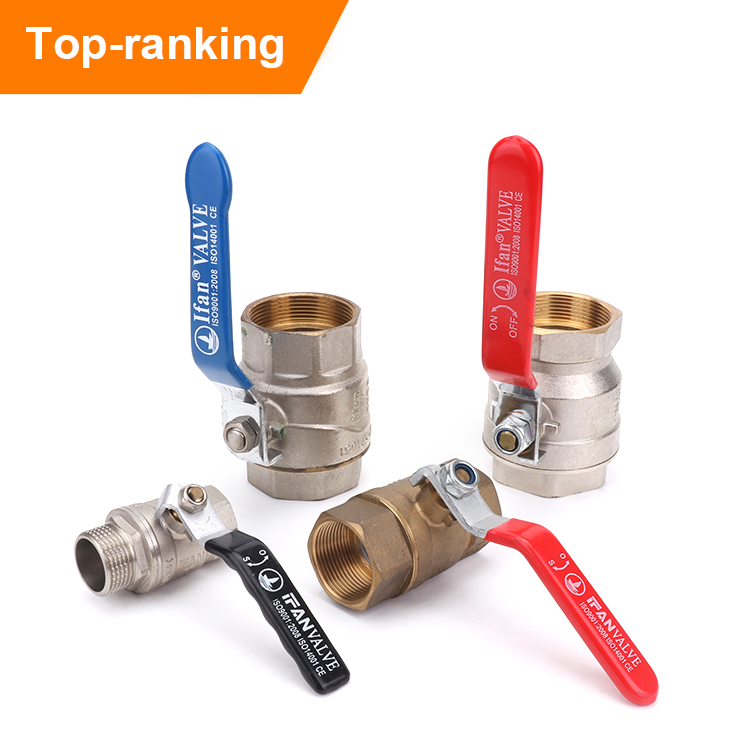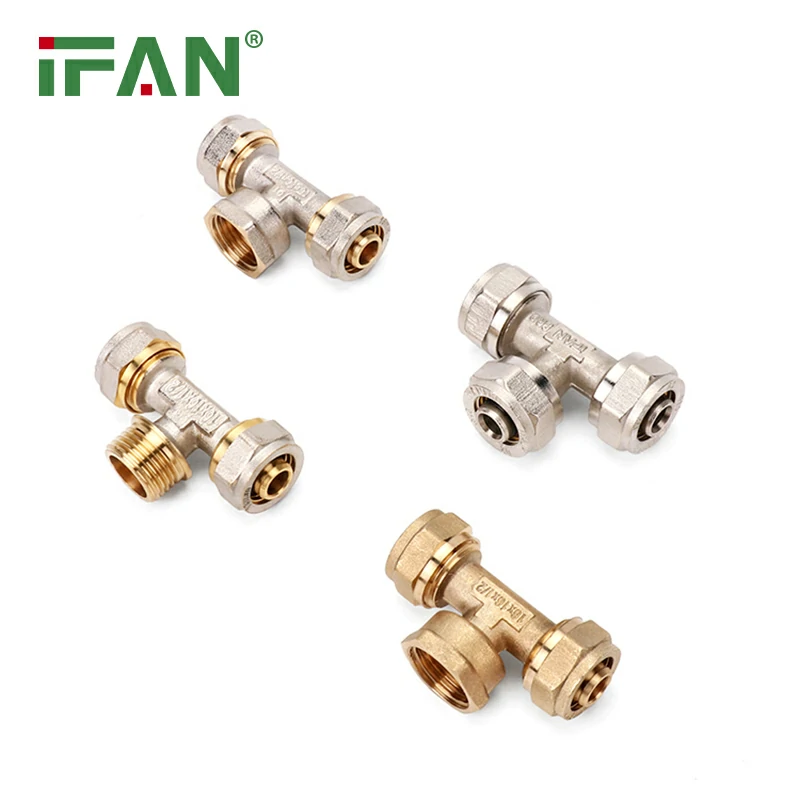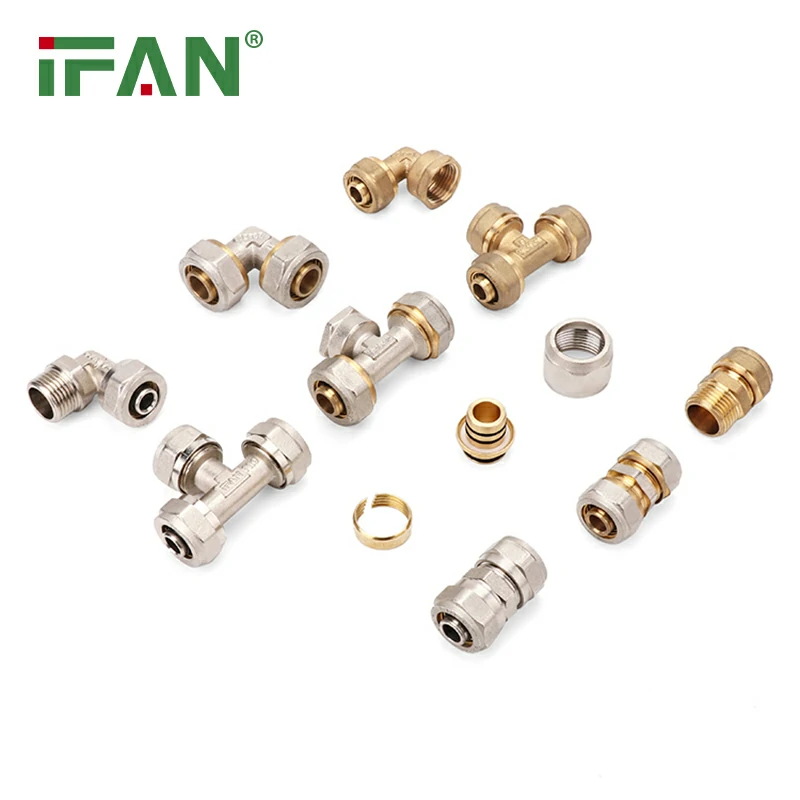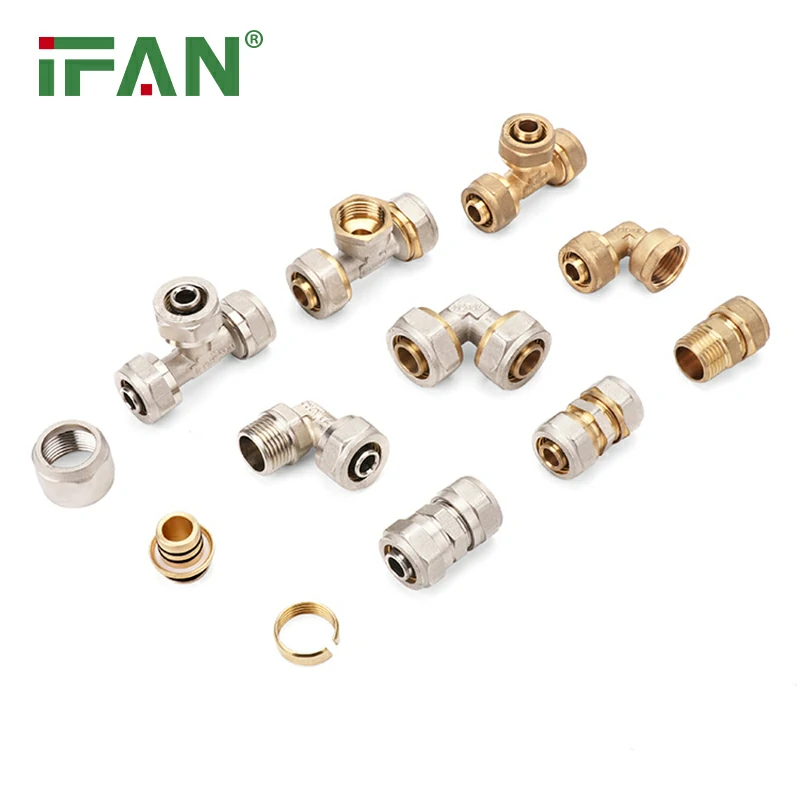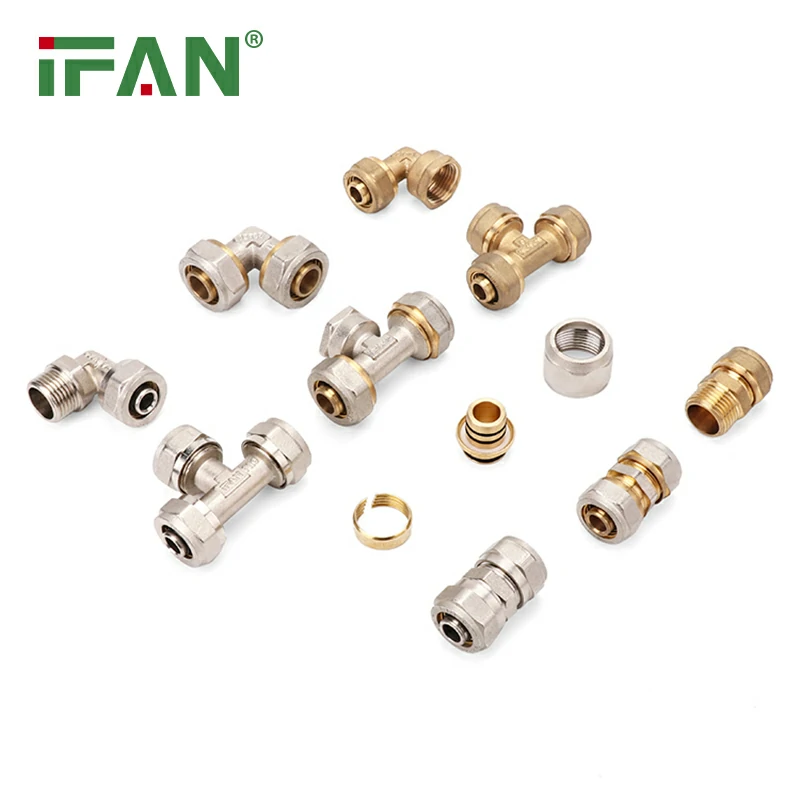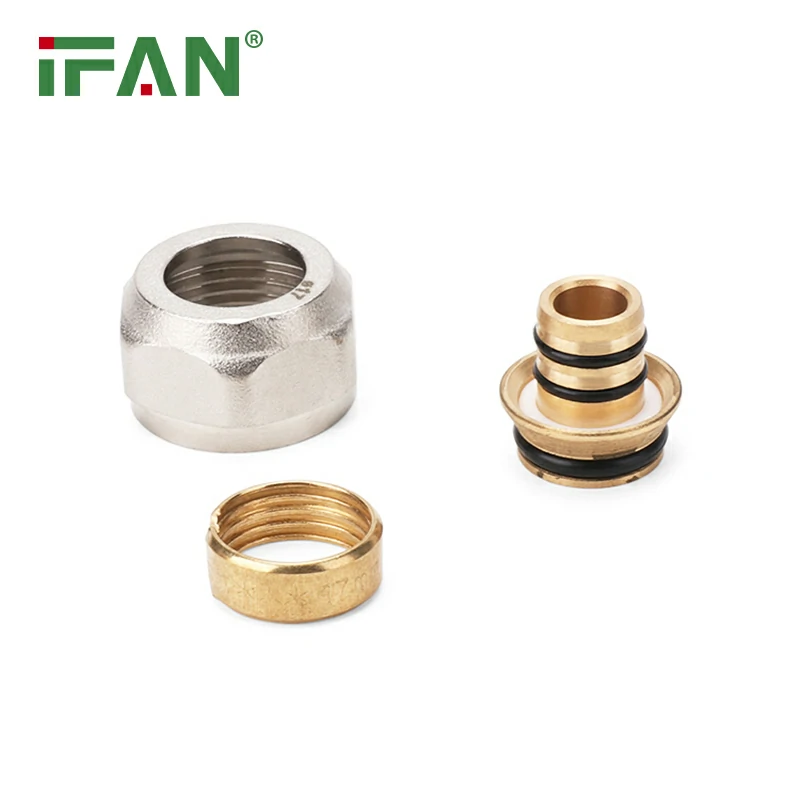Introduction
Brass ball valves are widely preferred in various industries and applications due to their exceptional durability and longevity. In this article, we will explore the advantages of using brass ball valves, focusing on their superior strength, resistance to corrosion, ease of maintenance, and long-lasting performance. Let’s delve into this topic by breaking it down into easy-to-understand sections.
1. Superior Strength and Durability
One of the primary advantages of brass ball valves is their superior strength and durability. Brass, an alloy composed primarily of copper and zinc, possesses excellent mechanical properties that make it ideal for valve construction. It can withstand high pressures and temperatures, ensuring reliable performance even in demanding environments. The robust structure of brass ball valves guarantees their ability to endure frequent operation and exposure to various elements, making them a long-lasting solution for flow control.
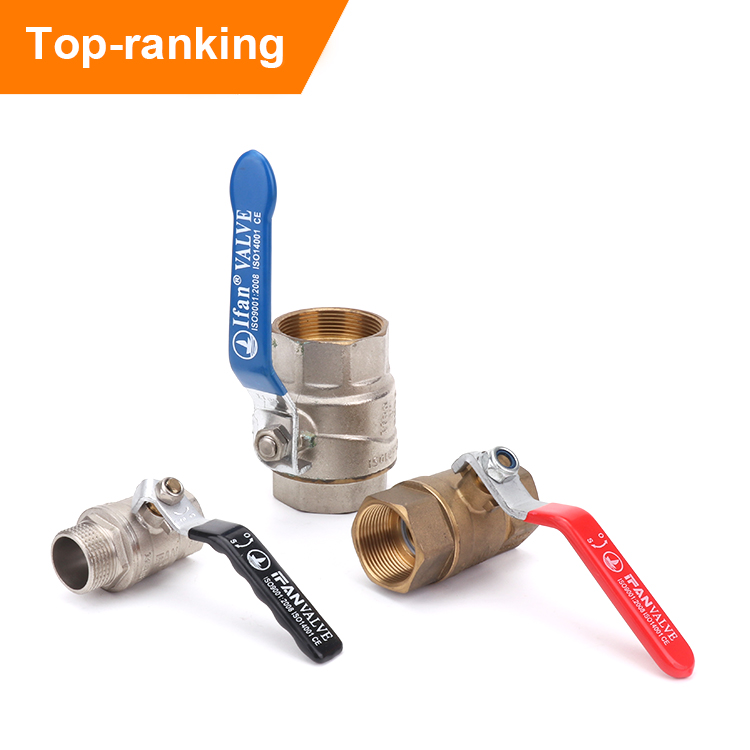
2. Resistance to Corrosion
Brass ball valves offer exceptional resistance to corrosion, another key advantage that contributes to their longevity. The addition of zinc to the brass alloy enhances its resistance to rust and corrosion, making brass ball valves suitable for use in both indoor and outdoor applications. This resistance is particularly crucial in plumbing systems where exposure to water, chemicals, and other corrosive substances is common. The corrosion resistance of brass ball valves minimizes the risk of degradation, ensuring uninterrupted and reliable flow control.
3. Ease of Maintenance
Maintenance plays a vital role in the performance and longevity of any valve. Brass ball valves are designed with simplicity and ease of maintenance in mind. Their construction allows for easy disassembly and cleaning, facilitating quick inspection and troubleshooting. Additionally, the smooth surface of brass ball valves prevents the accumulation of debris and sediment, reducing the chances of clogging and enhancing their operational efficiency. With proper maintenance, brass ball valves can provide reliable performance for an extended period, minimizing downtime and costly repairs.
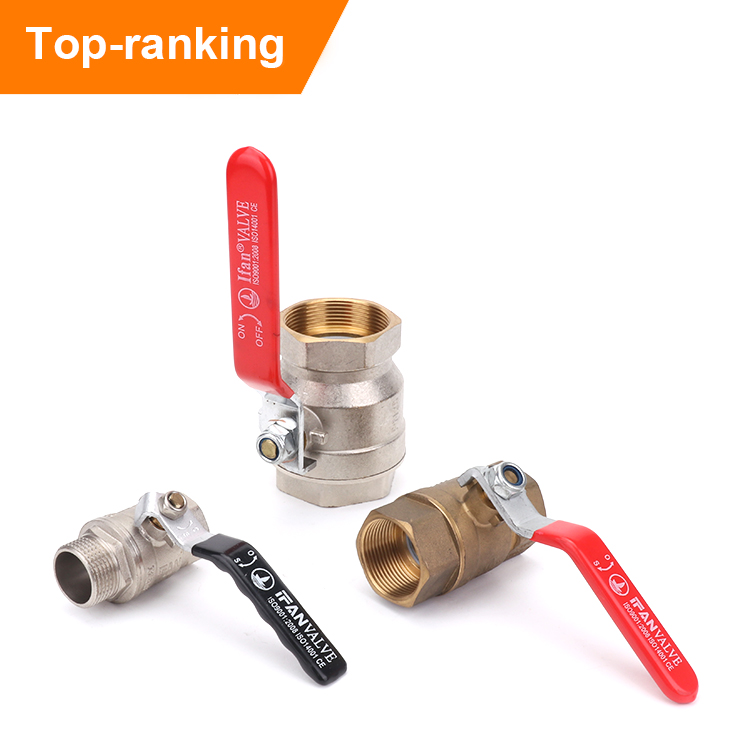
4. Long-Lasting Performance
The combination of superior strength, corrosion resistance, and ease of maintenance contributes to the long-lasting performance of brass ball valves. These valves can withstand the test of time, ensuring consistent flow control and preventing leaks or failures. Their durability and capability to operate flawlessly under high pressures and temperatures make them a trusted choice in various industries, including plumbing, HVAC, oil and gas, and industrial processes. By investing in brass ball valves, users can have peace of mind knowing that their flow control needs will be met reliably for years to come.
Conclusion
Brass ball valves offer a multitude of advantages, including superior strength, resistance to corrosion, ease of maintenance, and long-lasting performance. Their durability and longevity make them a preferred choice in industries where reliable flow control is critical. The exceptional strength of brass allows these valves to withstand the most demanding conditions, while their resistance to corrosion ensures their integrity over time. The ease of maintenance further contributes to their longevity, reducing downtime and ensuring optimal performance. When it comes to selecting valves that combine durability and longevity, brass ball valves are a reliable and efficient solution for a wide range of applications.
